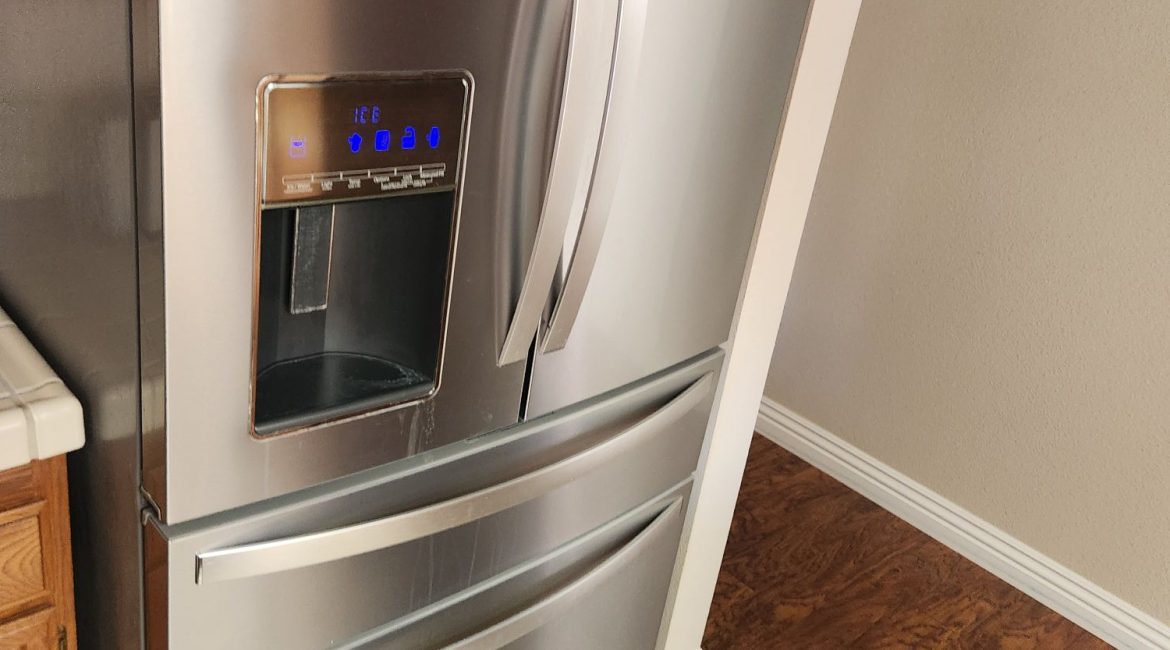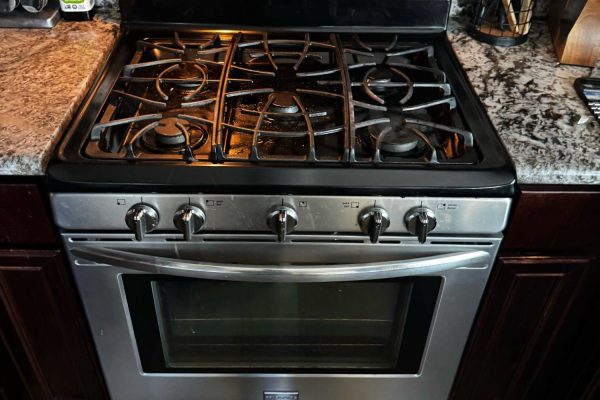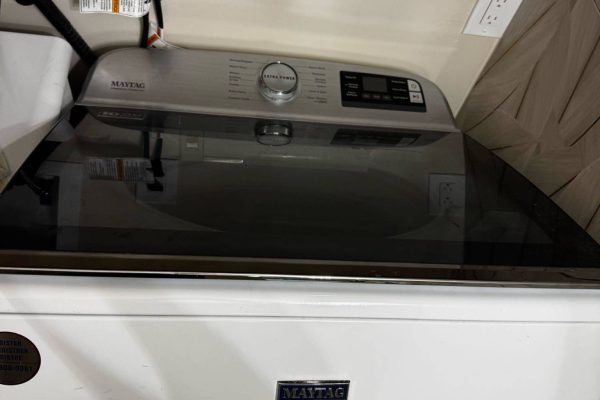Refrigerators are an essential part of modern households, playing a vital role in preserving food and beverages. However, like any other appliance, they are subject to malfunctions. One of the most critical issues that can arise in a refrigerator is a Freon leak. Freon, also known as refrigerant, is the cooling agent responsible for maintaining low temperatures inside your fridge. If it starts leaking, it not only affects the cooling ability but can also pose health risks. This article will help you understand how to detect a Freon leak in time and what actions you should take.
⠀
What is Freon and Why is it Important?
⠀
Freon (R-12, R-22, R-134a) is a refrigerant used in cooling systems, including refrigerators and air conditioners. It cycles through the system, absorbing heat from the inside of the fridge and releasing it outside, keeping your food fresh. A properly functioning refrigerator will contain an optimal amount of Freon, and the cooling system will remain sealed and pressurized.
⠀
A Freon leak compromises this system and disrupts the cooling cycle. Over time, the refrigerator loses its ability to maintain low temperatures, leading to spoilage of food and beverages. Detecting the issue early can save you from costly repairs or even the need for a full refrigerator replacement.
How to Detect a Freon Leak
⠀
Recognizing a Freon leak isn’t always straightforward because it doesn’t involve an immediate, dramatic failure of the refrigerator. Instead, it’s often a subtle decline in performance. Here are the key indicators:
⠀
- Unusual Temperature Fluctuations
One of the first signs of a Freon leak is inconsistent cooling. You may notice that your refrigerator is not keeping your food as cold as it used to. Over time, the temperature may rise to the point where your fridge is no longer cold enough to preserve food properly. If you notice that food is spoiling faster than usual or ice is melting in your freezer, there’s a strong possibility that refrigerant is leaking.
⠀
- Hissing or Gurgling Sounds
Freon is typically in a liquid state when it is circulating within your refrigerator. When a leak occurs, you might hear hissing or gurgling noises coming from the appliance. These sounds are caused by the Freon escaping from the cooling system, and they often indicate that a leak is actively happening.
⠀
- Oily Residue Around the Compressor
If there’s a leak in the compressor or one of the refrigerator’s coils, you may find an oily residue on the floor around the refrigerator or inside near the cooling components. Freon itself is colorless and odorless, but it can carry oils used in the refrigeration process, which might leave visible stains.
⠀
- Increase in Electricity Bill
A Freon leak forces the refrigerator to work harder to maintain its cooling capacity. This overworking of the compressor and other components causes an increase in energy consumption, leading to higher electricity bills. If you’ve noticed an unexplained spike in your power usage, it’s worth checking your refrigerator for any performance issues.
⠀
- Visible Frost on the Evaporator Coils
If there’s insufficient refrigerant in the system due to a leak, the evaporator coils may develop frost or ice buildup. This is because the system struggles to balance temperature across the coils, leading to cold spots where frost forms. Check the back of your refrigerator or freezer for any unusual frost patterns.
What to Do If You Suspect a Freon Leak
⠀
Once you’ve identified the symptoms, the next step is addressing the issue. Here’s what you should do:
⠀
- Turn Off the Refrigerator
If you suspect a Freon leak, turn off your refrigerator immediately. Running it in this condition can worsen the damage, put additional strain on the compressor, and result in higher repair costs.
⠀
- Call a Professional Technician
Handling refrigerants like Freon is dangerous for the untrained individual. Not only is it harmful to your health, but incorrect handling can also damage your appliance further. The best course of action is to contact a certified repair technician who is trained to detect and repair Freon leaks.
⠀
Poway Appliance Repair Service Center specializes in detecting and fixing Freon leaks. Their skilled technicians have the tools and expertise to locate the source of the leak, seal it, and recharge the refrigerant safely.
⠀
- Do Not Attempt DIY Repairs
You may be tempted to patch the leak yourself, but this is not advisable. Freon leaks require specialized equipment to safely recover and recharge the refrigerant. Attempting a DIY repair without the proper knowledge or tools can lead to more damage to your refrigerator and potentially expose you to harmful chemicals.
⠀
- Consider Preventive Maintenance
Once the leak is fixed, it’s important to maintain your refrigerator to prevent future issues. Regular maintenance, including cleaning coils and checking for any abnormal sounds or leaks, can help prolong the life of your refrigerator. Schedule regular check-ups with professionals to ensure your appliance remains in peak condition.
⠀
The Environmental and Health Impact of Freon
⠀
Freon is not only crucial for your refrigerator’s performance, but it also has significant environmental and health implications. When Freon leaks into the atmosphere, it can contribute to the depletion of the ozone layer. Additionally, Freon exposure can be hazardous to your health, causing symptoms such as headaches, dizziness, and respiratory issues if inhaled in high concentrations. This makes it all the more important to handle leaks swiftly and professionally.
⠀
A Freon leak in your refrigerator is a serious issue that can lead to ineffective cooling, spoiled food, and increased energy consumption. Early detection is key to preventing larger problems and costly repairs. Look out for signs such as inconsistent temperatures, strange noises, or visible residue, and take immediate action if you suspect a leak.
⠀
If you’re experiencing any of these symptoms, don’t wait! Contact Poway Appliance Repair Service Center today. Our expert technicians are ready to assess your refrigerator, fix any Freon leaks, and get your appliance back to optimal performance.
Contact us


